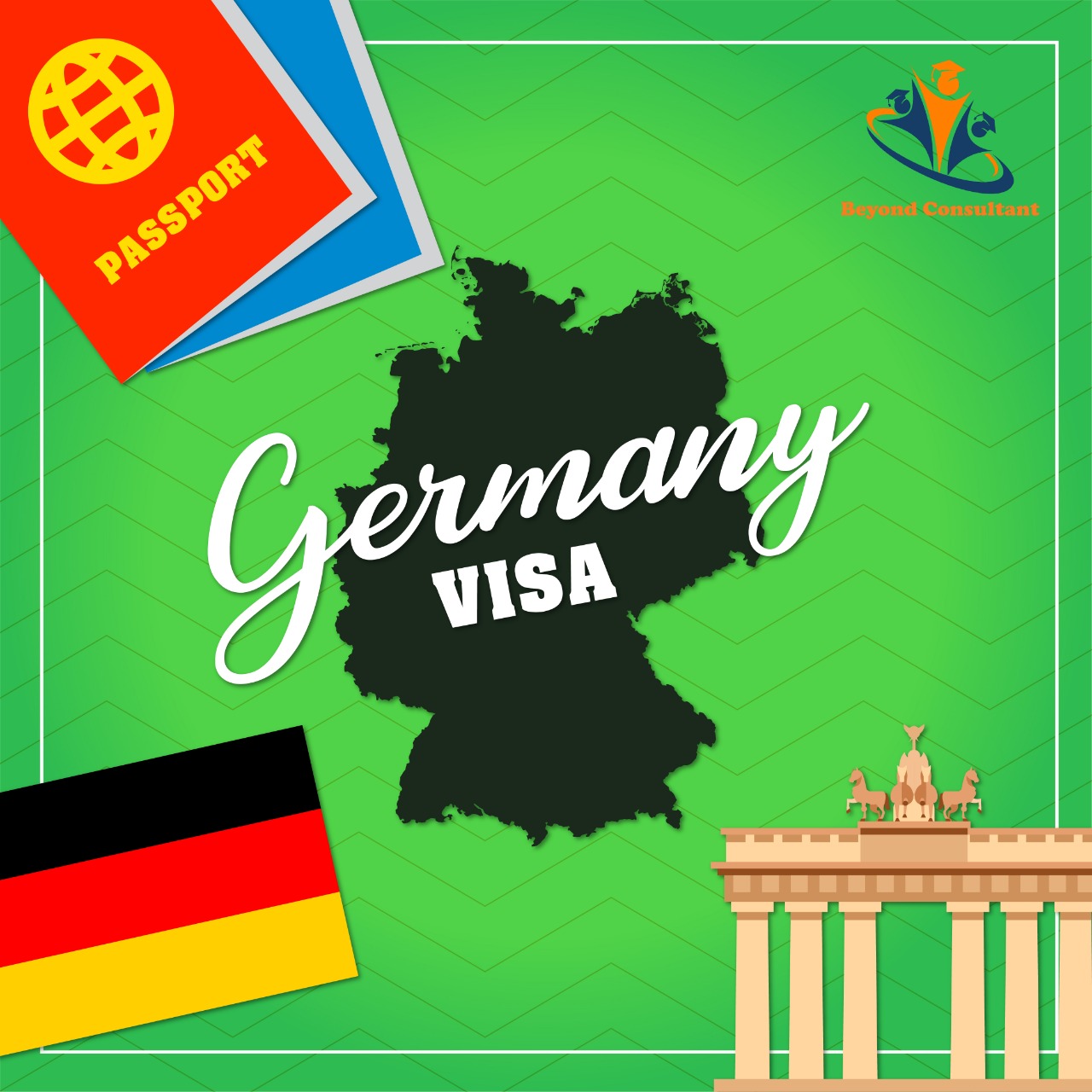In this mini-series about student visas, we are covering the top study abroad destinations. Germany is one such country and is flooded with thousands of international students every year. This calls for a detailed step-by-step student visa guide, which is exactly what this article aims to be. So let’s dive right in!
Do I Need A Student Visa?
Not every international student needs a student visa to study in Germany. Students from the European Union do not need a visa, while students from several other countries – US, UK, Canada, Australia, New Zealand, etc – need to obtain only a residence permit. Indian candidates, on the other hand, need both a student visa, which is to be applied before traveling to Germany and a residence permit, which is to be obtained while in Germany.
How To Apply For A Student Visa?
Applying for a German student visa takes as much as 90 days, so it is advisable to apply at the earliest. The following steps need to be followed.
- Receive admission at one of the recognized German universities/institutes.
- Download the application form from the German embassy. The form is available online but needs to be submitted physically, along with other necessary documents. So, print the form and fill up all the required details.
- Carefully read the checklist for the student visa and ensure that you have all the necessary documents.
- Take an appointment at your nearest German Mission center. Carry your application and other documents as listed on the checklist.
What Documents Are Required?
The following documents are required for the visa application.
- A valid passport and photocopy of data pages (first and last pages)
- Duly-filled application
- A declaration stating that the information provided is complete and true
- A cover letter explaining why you are applying for a student visa
- Proof of letter of admission from your university/institute
- College transcripts, degree certificates, mark sheets
- Proof of German language proficiency, if your program is taught in German
- A blocked account in a German bank along with proof of funds – bank statements, sponsorship letter, etc – to meet the necessary financial requirements
- Travel and Health insurance
- Latest passport photos as per biometric specifications
- Demand draft for visa fees. Currently, the student visa fee is €60.
What Is A Blocked Account?
In Germany, a blocked account is a special type of account designed for international students to prove their financial resources. It is estimated that an international student spends a minimum of €853 per month, which amounts to €10,236 a year. You need to deposit, or block, this much amount at the beginning before a bank issues you a statement of such proof, which is a document needed for the visa. Not all German banks provide this facility, but Fintiba, Coracle, Expatrio, and Deutsche Bank are the most common.
How About Insurance?
Travel and health insurance are mandatory requirements for the student visa. Several Indian insurance providers offer such insurance plans. Among Germany players, MAWISTA is a trusted insurance company among international students. You can also buy insurance from your university after you are admitted.
How To Get A Residence Permit?
After getting your student visa, you can travel to Germany. Once in the country, you are required to apply for a residence permit within two weeks. Your university international students’ organization will be able to guide you in this step. The application process for a residence permit is similar to that for a visa. Be ready with all your documents, along with your health insurance details and tenancy agreements. The usual fee for the residence permit is €100.
The residence permit is valid for two years and covers the duration of most graduate programs. In case your program is longer than two years, you can renew the residence permit at an additional cost of €96.
What Is The Student Applicant Visa?
The student visa and residence permit route is the standard route for most students. However, there are a few students who visit Germany and scout for suited universities or programs. In such cases, since the students are not yet enrolled at any German institute, the student visa cannot be issued. Instead, such candidates must apply for a Student Applicant visa, which allows them to stay in the country for 90 days. The visa is extendable up to 180 days.
Can I Work On The Student Visa?
Working on the student visa is not just legal but necessary for most students to help meet their expenses. It is officially accepted that students work up to 120 full days, or 240 half days, in a year. European students can work up to 20 hrs per week.
After graduation, student visa residence permit allows international students to work in the country for a maximum of 18 months, so long as the job they undertake is related to their field of work. During this time, students must apply for a work permit for them to continue thereafter. Graduates from the European Union do not have any such requirement.
Studying and working in Germany can be a rewarding experience. So waste no time in planning for your German dreams to materialize!
At Beyond Consultant, we help you bring your dreams to life, by guiding in your overseas education journey. For a free consultation, please get in touch with us here.

